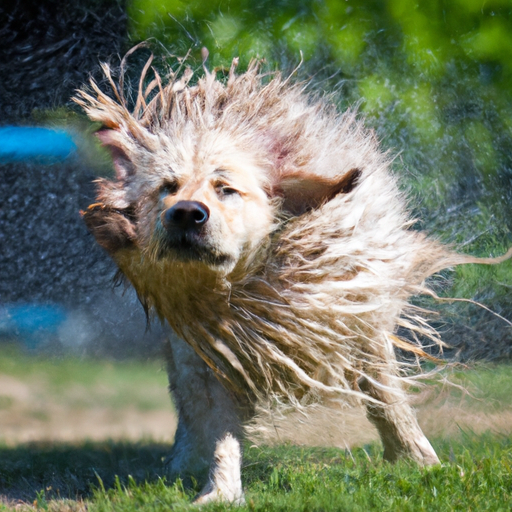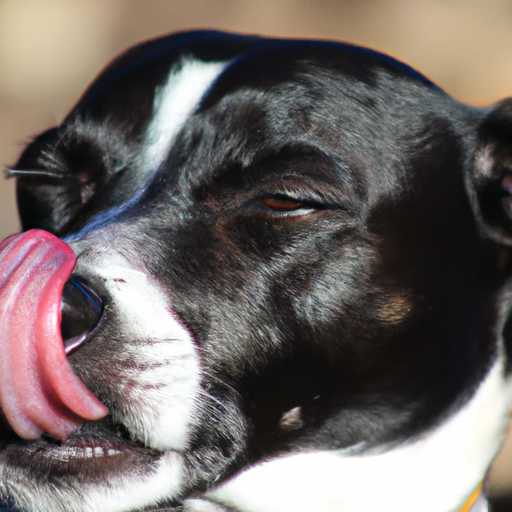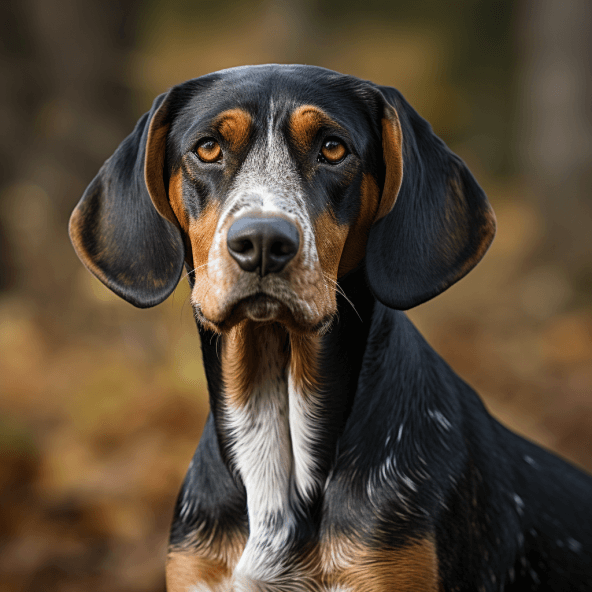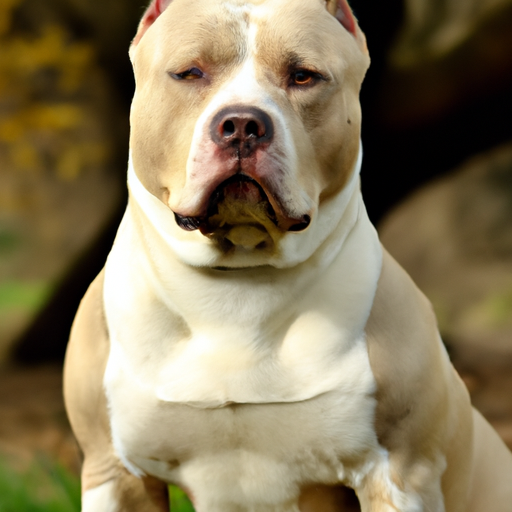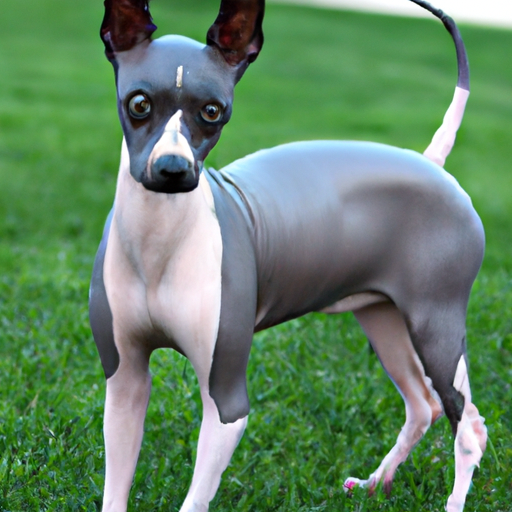Why Do Dogs Shake
Have you ever observed your furry best friend burst into a frantic, full-body shake and wondered why do dogs shake? This behavior can be as peculiar as it is adorable, and there’s actually a couple of scientific reasons for it. From having an itch they can’t scratch to feeling over-excited, dogs use body language like shaking to communicate their needs and emotions. In the upcoming article “Why Do Dogs Shake”, we’ll unpack the various reasons behind this canine quirk so you can get a better understanding of your pet’s behaviour.
Understanding the Basics of Dog Shaking
From a distance, you may watch your dog shake itself and wonder, ‘What makes them do that?’ Dogs shaking, twitching, or trembling are behaviors often displayed by our four-legged friends, and while these actions may elicit chuckles, they still leave us with speculations about what they mean. In order to understand this peculiar dog behavior, we must first define what is meant by dog shaking.
Definition of Dog Shaking
Dog shaking or shivering typically refers to the instinctive behavior dogs display when they shake their bodies vigorously. Just like we shake our hands to get rid of water after washing them, dogs shake their bodies, which often involve rapid twitch-like movements triggered by various physical or emotional states.
Brief Overview of the Dog’s Anatomy Related to Shaking
The ‘shake off’ that dogs usually do is a mechanical process involving powerful, instinctive muscle contractions. Flexible backbones, loose skin, and sturdy leg muscles play a key role in this action. But what’s fascinating is that the ability to shake off water is found throughout the animal kingdom, not just in dogs, but in animals that have learned to use this trick to quickly dry their bodies.
Common Situations When Dogs Shake
Now that we’ve looked at the basics, let’s consider some common situations when you might notice your dog shaking.
Shaking Off Water
Something wet on their fur? No problem! Dogs have this amazing ability to shake off water from their bodies efficiently. This is an essential survival instinct that keeps their bodies warm by reducing the cooling effects of water on their fur.
After Waking Up
A good shake after a long snooze is your dog’s unique way of waking up and stretching their bodies. It’s similar to how you might stretch your arms or legs after a hearty nap, they’re simply getting their blood flowing.
During Play
You might notice your dog shaking during playtime. This shake-off could be their way of resetting themselves. It’s kind of like them saying, “Okay, that was fun. What’s next?”
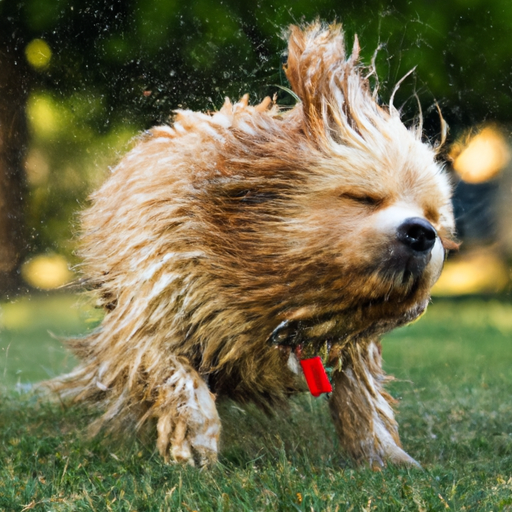
Dog Shaking as a Normal Behavior
Shaking is not always a sign of something being wrong. It could sometimes just be a part of their normal doggy functions.
Help in Thermoregulation
Much like how we humans sweat to cool off, dogs shake to maintain their body temperature. Evaporation of water from their bodies when they shake aids in cooling them down..
Cleaning Themselves
Dogs shake themselves to get rid of dirt, dust, or even creepy crawlies. This self-cleaning mechanism saves them the effort of grooming each inch of their body.
Response to Stress or Excitement
Shaking is also a response to emotional states. If your dog is super excited or stressed about an event, they may shake more frequently.
Shaking Related to Health Issues
Unfortunately, sometimes shaking might be indicative of health problems. It’s always good to be observant and consult your vet if you notice abnormal shaking.
Pain and Discomfort
Dogs might shake when they’re in pain. This could be due to minor discomfort or an indication of serious health issues.
Disease and Illness
Certain diseases such as distemper, kidney diseases, or neurological disorders could cause your dog to shake. Make sure you are on top of their health checks to avoid such problems.
Limb Weakness
Frequent and unexplained shaking can potentially be a sign of limb weakness in dogs. This can happen due to aging or certain medical conditions that affect the dog’s muscle strength.
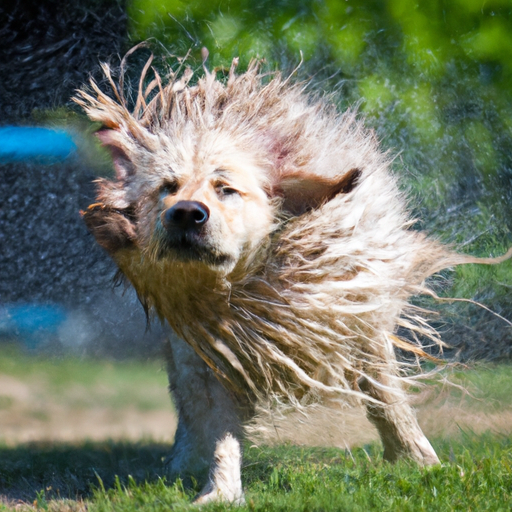
Shaking Related to Psychological Conditions
Shaking isn’t always about physical health. It’s often a behavioral response to psychological triggers too.
Fear and Anxiety
Just like us humans, dogs shake when they’re anxious, scared, or uncomfortable. This could happen even due to things that seem trivial to us, like loud noises, strange environments, or unfamiliar faces.
Trauma
Dogs who have experienced some form of trauma may frequently shake. It’s their way of coping with stress and fear.
Behavioral Disorders
Shaking can sometimes be associated with deep-rooted behavioral problems. These disorders may need to be treated with behavioral therapy or medication, as advised by the veterinarian.
Breed-Specific Reasons for Shaking
Not all dogs shake for the same reasons.
Small Breeds Predisposition
Smaller breeds like Chihuahuas and Yorkshire Terriers are known for their shaking behavior more than larger breeds. Despite appearing perfectly healthy, it’s relatively normal in these breeds.
Effects of Inbreeding
Inbreeding can cause certain breeds to shake more than others. It’s a genetical issue, and it can lead to a host of health problems, one being uncontrolled shaking.
Genetic Conditions
Certain genetic conditions can lead to shaking in dogs. Canine degenerative myelopathy and white shaker syndrome are two such examples where shaking is a common symptom.
Dog Shaking and Older Dogs
Like their human partners, as dogs age, their bodily functions slow down. This may lead to various instances of shaking.
Arthritis and Joint Pain
As dogs age, they become susceptible to joint and muscle problems. Arthritis can cause discomfort, leading to shaking.
Neurological Conditions
Age-related neurological conditions can lead to shaking due to decreased muscle and nerve control.
Physical Decline Related to Aging
General physical decline could be another reason for shaking in older dogs. It’s important to keep the dog’s environment comfortable and as stress-free as possible during these times.
How to Handle and Respond to Dog Shaking
While there’s no shortcut to understanding the cause for your dog’s shaking, here are a few pointers on how to deal with it.
When to Seek Veterinary Care
Sometimes shaking can be a sign of serious health problems. If your dog shakes frequently or abnormal behavior accompanies the tremors, it is time to visit your vet.
Home Remedies
Light shaking can sometimes be handled with home remedies like a warm blanket or a peaceful environment.
Using Behavioral Therapy
If anxiety or fear triggers shaking, behavioral therapy can significantly help reduce it.
Preventing Unnecessary Shaking in Dogs
While we cannot eliminate all instances of shaking in dogs, here are some tips to prevent unnecessary shaking.
Proper Training Techniques
If your dog tends to shake out of stress or fear, proper training could help.
Regular Health Check-Ups
Regular vet visits can detect potential health issues early and prevent unnecessary shaking due to health problems.
Maintaining a Calm Environment
A calm and stress-free environment can be immensely helpful in reducing unnecessary shaking in dogs.
Impact of Shaking on Dogs’ Everyday Life
The impact of shaking on dogs’ everyday life can vary depending on its cause and frequency.
Quality of Life
If a dog shakes due to pain or a significant health problem, it can indicate poor quality of life.
Interactions with Other Pets and Humans
Excessive shaking can disrupt your dog’s interactions with you, other pets, and humans.
Daily Routine and Functions
Dogs’ shaking could affect their daily routines. If you notice this, it’s time to consult your vet for better understanding.
Dog shaking is a common behavior that signifies various things about your fur friend. Understanding the causes and implications of this behavior will help ensure your dog’s comfort and well-being. Remember to always observe and consult with a vet if something doesn’t feel quite right.

